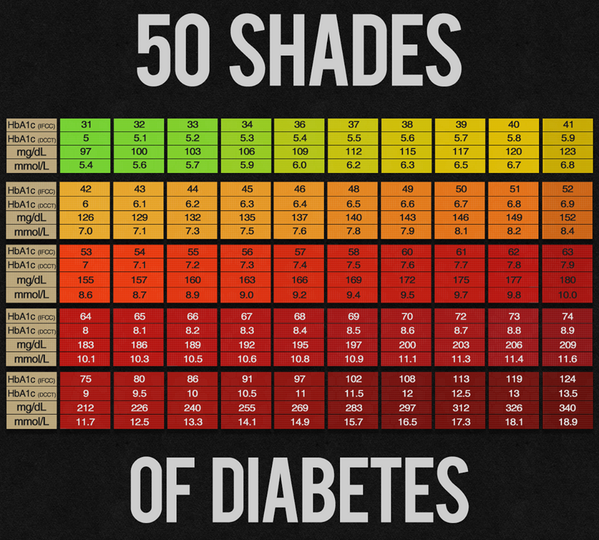Hello
@shelts and welcome to the forum

Here is the information we give to new members and I hope you will find it useful, including the list of questions. Ask as much advice as you need to and someone will be able to help.
BASIC INFORMATION FOR NEWLY DIAGNOSED DIABETICS
Diabetes is the general term to describe people who have blood that is sweeter than normal. A number of
different types of diabetes exist.
A diagnosis of diabetes tends to be a big shock for most of us. It’s far from the end of the world though and on this forum you’ll find over 130,000 people who are demonstrating this.
On the forum we have found that with the number of new people being diagnosed with diabetes each day, sometimes the NHS is not being able to give all the advice it would perhaps like to deliver - particularly with regards to people with type 2 diabetes.
The role of carbohydrate
Carbohydrates are a factor in diabetes because they ultimately break down into sugar (glucose) within our blood. We then need enough insulin to either convert the blood sugar into energy for our body, or to store the blood sugar as body fat.
If the amount of carbohydrate we take in is more than our body’s own (or injected) insulin can cope with, then our blood sugar will rise.
The bad news
Research indicates that raised blood sugar levels over a period of years can lead to organ damage, commonly referred to as
diabetic complications.
The good news
People on the forum here have shown that there is plenty of opportunity to keep blood sugar levels from going too high. It’s a daily task but it’s within our reach and it’s well worth the effort.
Controlling your carbs
The info below is primarily aimed at people with type 2 diabetes, however, it may also be of benefit for other types of diabetes as well.
There are two approaches to controlling your carbs:
- Reduce your carbohydrate intake
- Choose ‘better’ carbohydrates
Reduce your carbohydrates
A large number of people on this forum have chosen to reduce the amount of carbohydrates they eat as they have found this to be an effective way of improving (lowering) their blood sugar levels.
The carbohydrates which tend to have the most pronounced effect on blood sugar levels tend to be starchy carbohydrates such as rice, pasta, bread, potatoes and similar root vegetables, flour based products (pastry, cakes, biscuits, battered food etc) and certain fruits.
Choosing better carbohydrates
Another option is to replace ‘white carbohydrates’ (such as white bread, white rice, white flour etc) with whole grain varieties. The idea behind having whole grain varieties is that the carbohydrates get broken down slower than the white varieties –and these are said to have a lower glycaemic index.
http://www.diabetes.co.uk/food/diabetes-and-whole-grains.html
The low glycaemic index diet is often favoured by healthcare professionals but some people with diabetes find that low GI does not help their blood sugar enough and may wish to cut out these foods altogether.
Read more on
carbohydrates and diabetes
Eating what works for you
Different people respond differently to different types of food. What works for one person may not work so well for another. The best way to see which foods are working for you is to test your blood sugar with a glucose meter.
To be able to see what effect a particular type of food or meal has on your blood sugar is to do a test before the meal and then test after the meal. A test 2 hours after the meal gives a good idea of how your body has reacted to the meal.
The blood sugar ranges recommended by NICE are as follows:
Blood glucose ranges for type 2 diabetes
- Before meals: 4 to 7 mmol/l
- 2 hours after meals: under 8.5 mmol/l
Blood glucose ranges for type 1 diabetes (adults)
- Before meals: 4 to 7 mmol/l
- 2 hours after meals: under 9 mmol/l
Blood glucose ranges for type 1 diabetes (children)
- Before meals: 4 to 8 mmol/l
- 2 hours after meals: under 10 mmol/l
However, those that are able to, may wish to keep blood sugar levels below the NICE after meal targets.
Access to blood glucose test strips
The NICE guidelines suggest that people newly diagnosed with type 2 diabetes should be offered:
- structured education to every person and/or their carer at and around the time of diagnosis, with annual reinforcement and review
- self-monitoring of plasma glucose to a person newly diagnosed with type 2 diabetes only as an integral part of his or her self-management education
Therefore both structured education and self-monitoring of blood glucose should be offered to people with type 2 diabetes. Read more on getting access to
bloodglucose testing supplies.
You may also be interested to read
questions to ask at a diabetic clinic
Note: This post has been edited from Sue/Ken's post to include up to date information.


